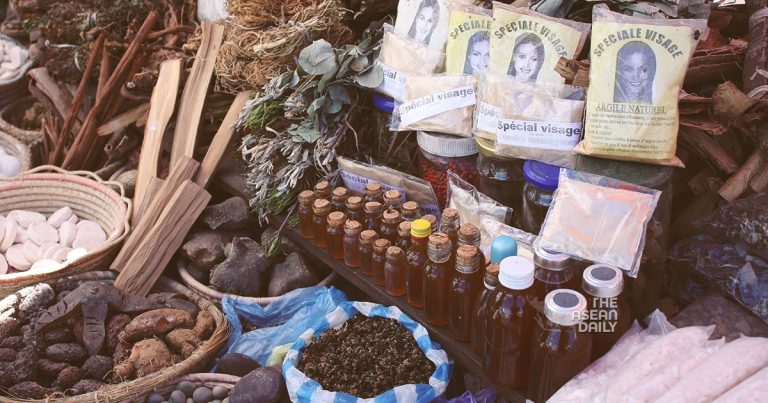17-8-2023 (NEW DELHI) The World Health Organization (WHO) convened its inaugural summit on traditional medicine today (Aug 17), emphasizing the importance of scientifically validated treatments rooted in natural products as effective alternatives in healthcare.
According to the UN health agency, traditional medicines serve as the “first port of call for millions of people worldwide.” The discussions in India aim to bring together policymakers and academics to foster “political commitment and evidence-based action” towards these practices.
In a statement preceding the conference, WHO chief Tedros Adhanom Ghebreyesus emphasized that traditional medicine could address healthcare access gaps, but its value lies in appropriate, effective, and safe usage based on the latest scientific evidence.
The two-day WHO Traditional Medicine Global Summit coincides with a meeting of G20 health ministers in the city of Gandhinagar, India.
John Reeder, the research chief at WHO, stated, “Advancing the scientific understanding of traditional medicine should adhere to the same rigorous standards as other fields of health.” He further stressed the need for innovative methodologies to comprehensively address these holistic approaches and provide conclusive and robust evidence that can guide policy recommendations.
Indian Prime Minister Narendra Modi is expected to inaugurate the WHO conference through a video message, underscoring his recurrent advocacy for the health benefits of yoga, considering it a remedy for stress and even hatred.
The summit, which is expected to become an annual event, follows the establishment of the WHO Global Centre for Traditional Medicine in India’s Gujarat state last year.
Challenges In Regulatory Oversight
While traditional medicines enjoy widespread use in certain regions, they also face significant criticism.
The UN health agency defines traditional medicine as the accumulated knowledge, skills, and practices employed over time to maintain health and prevent, diagnose, and treat physical and mental ailments.
However, many traditional treatments lack scientific validation, and conservationists argue that the industry contributes to the illicit trade in endangered animals, such as tigers, rhinos, and pangolins, thereby endangering entire species.
During the COVID-19 pandemic, the use of homemade remedies surged, including a green herbal drink based on Artemisia, which was promoted by Madagascar’s president as a cure. Although the plant has proven efficacy in treating malaria, its use against COVID-19 faced widespread criticism from medical professionals.
Traditional medicine carries a rich history in China, yet European medical bodies have previously called for it to be subject to the same regulatory oversight as conventional Western methods.
Out of WHO’s 194 member states, 170 have acknowledged the use of traditional and complementary medicine since 2018. However, only 124 countries have reported having laws or regulations governing the use of herbal medicines, and just half have a national policy in place concerning these methods and medicines.
The WHO emphasized that while “natural” does not always equate to “safe,” and centuries of use do not guarantee efficacy, the scientific method and rigorous evidence are essential to inform decision-making.
The WHO also cited that approximately 40% of approved pharmaceutical products currently in use have their origins in natural products. Notable examples include “landmark drugs” like aspirin, which drew upon formulations utilizing willow tree bark, derived from traditional medicine practices.




